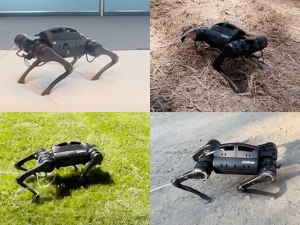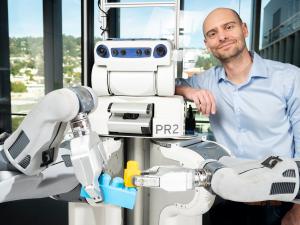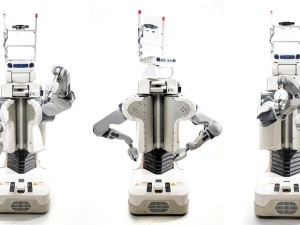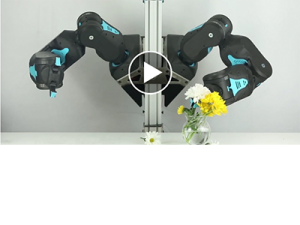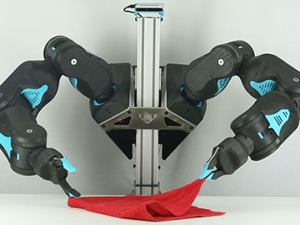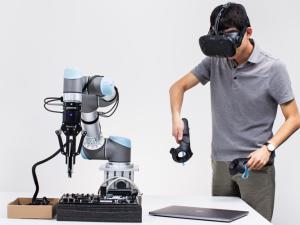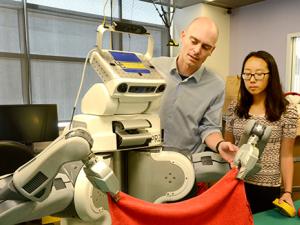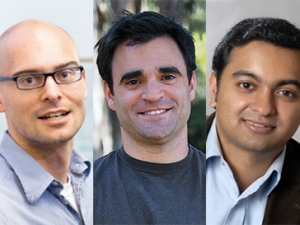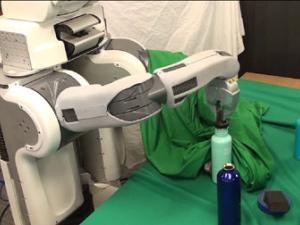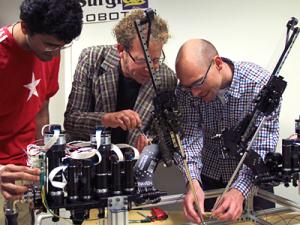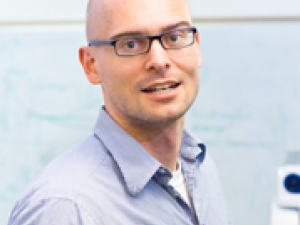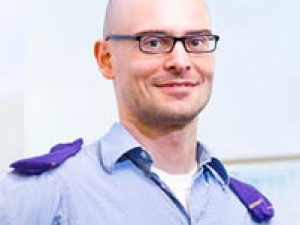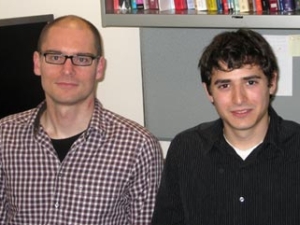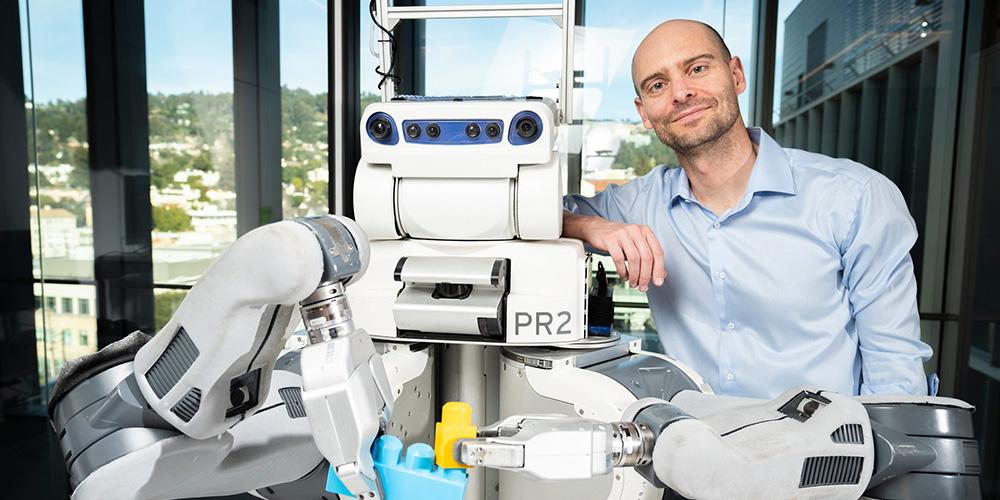

Research Bio
Pieter Abbeel is one of the world's leading researchers, educators and entrepreneurs in Artificial Intelligence. He is Professor in Artificial Intelligence and Robotics at UC Berkeley and an Amazon Scholar. Abbeel has co-founded two companies: Gradescope (AI to help instructors with grading homework and exams) and Covariant (robotics foundation models for automation in warehouses and factories). Abbeel's students have co-founded over a dozen AI companies, including OpenAI (John Schulman), Perplexity (Aravind Srinivas), Skild (Deepak Pathak), Physical Intelligence (Chelsea Finn and Sergey Levine), Reflection (Misha Laskin), Evolutionary Scale (Roshan Rao), Ideogram (Jonathan Ho), Genmo (Ajay Jain). Abbeel's pioneering AI contributions with his students include Diffusion Models, Large World Model, UniSim, TRPO, SAC, Ring Attention, MAML, Hindsight Experience Replay, Domain Randomization, Decision Transformer, LLM as Zero-Shot Planners for Robotics, RFM-1. Abbeel's awards and honors include the PECASE, NSF-CAREER, ONR-YIP, Darpa-YFA, TR35, IEEE Fellow, ACM Prize in Computing. His work is frequently featured in the press, including the New York Times, Wall Street Journal, BBC, Rolling Stone, Wired, Tech Review, and De Tijd. Current research interests are in Generative AI, Reinforcement Learning, Humanoid Robotics.
Research Expertise and Interest
robotics, machine learning, artificial intelligence, deep learning
In the News
UC Berkeley Joins NSF-Backed AI Institute for Cybersecurity
Step by Step Berkeley Robots Learn to Walk on Their Own in Record Time
Berkeley Robot Learning Pioneer Pieter Abbeel Wins ACM Prize in Computing
Learning to learn
AI-powered Berkeley robot among Popular Science’s ‘Best of What’s New'
Meet Blue, the low-cost, human-friendly robot designed for AI
Berkeley startup to train robots like puppets
“Deep Learning”: A Giant Step for Robots
Bakar Fellow Pieter Abbeel studies deep learning in robots. The robot BRETT (Berkeley Robot for Elimination of Tedious Tasks) has mastered a range of skills, including folding laundry, knot-tying, and basic assembly.
Three young faculty members honored by White House
Three UC Berkeley faculty members named as recipients of the Presidential Early Career Awards for Scientists and Engineers, the highest honor bestowed by the U.S. government on science and engineering professionals in the early stages of their independent research careers.
New ‘deep learning’ technique enables robot mastery of skills via trial and error
UC Berkeley researchers have developed algorithms that enable robots to learn motor tasks through trial and error using a process that more closely approximates the way humans learn, marking a major milestone in the field of artificial intelligence.
Big NSF grant funds research into training robots to work with humans
What if robots and humans, working together, were able to perform tasks in surgery and manufacturing that neither can do alone? That’s the question driving new research by UC Berkeley robotics experts Ken Goldberg and Pieter Abbeel and colleagues from four other universities, who were awarded a $3.5 million grant from the National Science Foundation.
UC Berkeley robotics expert named among world’s top young innovators
Pieter Abbeel, a UC Berkeley, professor known for his novel work in the field of machine learning in robotics – including robots that can fold laundry – has been named to a prestigious list of 35 of the world’s top young innovators by Technology Review magazine.
Laundry duty getting you down? Robots to the rescue!
Folding laundry may seem mundane, but for a robot, identifying a 3-D object and manipulating it correctly, it’s an exercise that requires intelligence that humans may take for granted. Pieter Abbeel and his team of engineers are developing increasingly efficient strategies and algorithms to help robots fold towels, forming the foundation for the next generation.
Four young faculty members to receive $50,000 Sloan Research Fellowships
Four UC Berkeley faculty members have been awarded prestigious Sloan Research Fellowships, given annually by the Alfred P. Sloan Foundation to scientists, mathematicians and economists at an early stage of their careers.
Researchers enable a robot to fold towels
A team from Berkeley's Electrical Engineering and Computer Sciences department has figured out how to get a robot to fold previously unseen towels of different sizes. Their approach solves a key problem in robotics -- how to deal with flexible, or "deformable," objects.
Featured in the Media
Blue, a new low-cost robot that learns by trial and error and has been designed to safely interact with humans, has been introduced by a team of roboticists at Berkeley. Now in commercial development by a spinoff startup called Berkeley Open Arms, it is expected to cost an astonishingly low $5,000. Led by electrical engineering and computer sciences professor Pieter Abbeel, co-developers include postdoctoral research fellow Stephen McKinley, and graduate student David Gealy. Eventually, the team expects that Blue robots will help people with all kinds of repetitive but light tasks that require manipulative dexterity, such as folding laundry, washing dishes, and picking up messes. Explaining why the team deliberately tried to develop a robot that is "weak," Gealy says: "Essentially, we can get more out of a weaker robot. And a weaker robot is just safer. The strongest robot is most dangerous. We wanted to design the weakest robot that could still do really useful stuff." Link to video. For more on this, see our press release at Berkeley News. Stories on this topic appeared in dozens of sources, including Science & Enterprise, Millennium Post, Odborne Casopisy (Czech Republic), FARS News Agency (Iran), and Outlook India.


